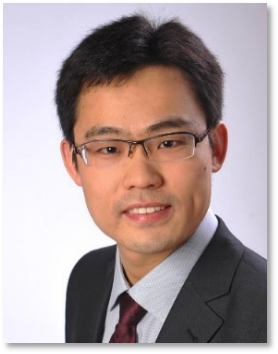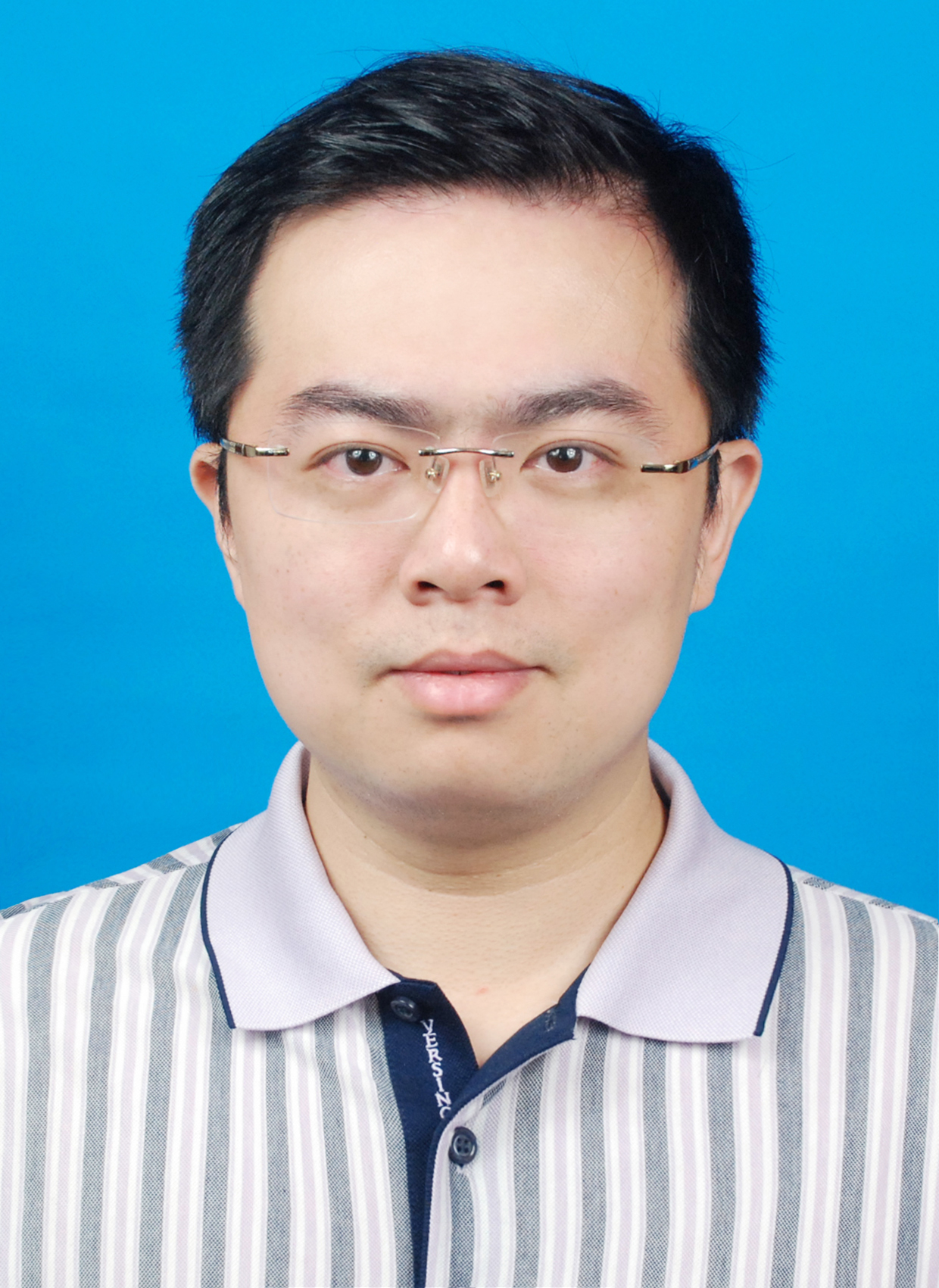Speakers
>>>CSEPS 2023 Keynote Speakers

Prof.Samir Ladaci
National Polytechnic School of Algiers, Algeria, IEEE Member
Experience: Prof. Samir Ladaci (IEEE Member) received the State Engineer degree in Automatics from the Polytechnic School of Algiers in 1995 and the Magister degree in Industrial Automation from Annaba University, Algeria in 1999. He received the Ph.D. and HDR degree (Habilitation à diriger les Recherches) from the department of Electronics, Mentouri University of Constantine, Algeria in 2007 and 2009 respectively. Part of his doctoral researches were done during a long sojourn from September 2006 to July 2008 at IRCCyN Laboratory, Nantes, France (now the LS2N Laboratory).

Prof. Dr. Zhenbin Zhang
Shandong University
Experience:
2011-2016: Technical University of Munich, Electrical engineering and energy Doctor of Engineering
(suma cum laude)
2016-2017: Technical University of Munich, Researcher and Head of research group
2017-present: Shandong University, Professor and Ambassador for International Collaboration
2018-2022: Technical University of Munich, August-Wilhelm Scheer Guest Professor
2022-2023: University of Cambridge, Guest Professor
National Distinguished Expert (1000 Talents Program) of China, Selected as "Distinguished Young Scholars of Shandong Province", outstanding young and middle-aged scholar of Shandong University, the leader of the
scientific research team of “Smart Energy and offshore Equipment” and Lab for More Power Electronic
Energy Systems (MPEES). Focus on intelligent energy and high-quality power conversion system and its
predictive control.

Assoc. Prof. Chen Yiyang
School of Mechanical and Electrical Engineering, Soochow University
Experience: YiyangChen, born in 1990 in Suzhou, Jiangsu Province, graduated from Suzhou High School in Jiangsu Province in 2009, received his undergraduate degree in Electrical and Electronic Engineering from Imperial College in 2013, and his PhD degree in Electrical and Electronic Engineering from the University of Southampton in 2017, with a research interest in iterative learning control based on the spatial path-following problem.He conducted postdoctoral research in the School of Electronics and Computer Science at the University of Southampton from 2017 to 2018, with a research interest in control system theory. University of Southampton from 2017 to 2020, where he was a postdoctoral researcher in the School of Electronics and Computer Science, with research interests in control system theory.From 2018 to 2020, he was a postdoctoral researcher in the School of Engineering at the University of Southampton, where he was involved in the research and development of the new generation of urban traffic control system and design of optimized control algorithms for the Siemens Future SCOOT.He was appointed to the position of Associate Professor at the School of Mechanical and Electrical Engineering of Soochow University in 2020, and he is an Excellent Young Scholar, Master's supervisor, Doctor of Double Creation in Jiangsu Province, currently serves as deputy director of the Institute of Intelligent System Control and director of the Carbon-Neutral Integrated Intelligent Technology Industrial Innovation Center.
Title: Iterative Learning Control in Massive Precise Industrial Manufacturing
Abstract: Iterative learning control (ILC) outperforms traditional control methods in terms of production quality while performing repetitive industrial manufacturing tasks. ILC algorithms have robustness, convergence and stability on the theoretical level, and have reliability, effectiveness and superiority in practical applications comparing to other control methods. This control technique does not require a large computation load, and it is relatively easy to implement, which demonstrates its feasibility in industrial manufacturing. This talk will introduce the background theory and theortical structure of ILC in detail, and hence introduce the recent progress in this research field. This talk will use case studies on industrial applications to illustrate the possible plan on the combination of ILC theory and application. The novelty of this talk concentrates on the cooperation between the advantages of ILC and massive repetitive industrial manufacturing tasks, so that a targeted ILC algorithm can be developed to bring a competitive application perspect as well as significant economic effect.
Copyright© CSEPS 2024
The 4th International Conference on Control Science and Electric Power Systems (CSEPS 2024) http://www.iccseps.org/

